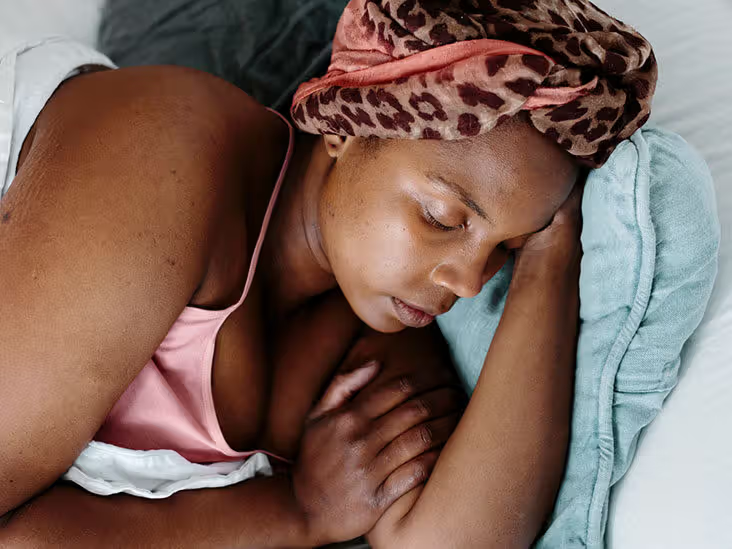While “beauty sleep” might sound like a casual excuse to leave a gathering early, emerging research confirms this concept holds scientific merit. Beyond just feeling refreshed, quality sleep delivers measurable benefits for skin health and overall wellness.
The Physiological Impact of Sleep on Skin
The CDC recommends adults aged 18-60 aim for at least seven hours of nightly sleep to maintain optimal health. This recommendation extends beyond general wellbeing – adequate rest helps prevent serious conditions including type II diabetes and cardiovascular disease while supporting mental health.
Dermatologists emphasize sleep’s critical role in skin physiology:
1. Hydration Dynamics
Dr. Erum N. Ilyas, board-certified dermatologist and founder of AmberNoon, explains that sleep deprivation manifests visibly through:
- Prominent under-eye circles
- Increased skin dryness
- Facial volume depletion
A 2019 study analyzing hydration patterns found individuals sleeping fewer than eight hours showed significantly lower hydration levels compared to well-rested counterparts.
2. Structural Integrity
Research involving Korean women demonstrated progressive skin changes during sleep restriction:
- Elasticity showed the most dramatic decline after six days
- Hydration levels decreased incrementally
- Texture remained stable during initial deprivation
Controversies in Sleep Research
Scientific consensus on sleep’s cutaneous effects continues to evolve:
- A 2020 study linked sleep disruption with rosacea exacerbation
- Contradictory 2019 findings showed minimal facial changes with sleep loss
- Subsequent 2022 research documented visible facial alterations after just two nights of three-hour sleep
Optimizing Your Nighttime Routine
Miami dermatologist Dr. Anna Chacon recommends these sleep-enhancing strategies:
Material Matters
- Silk vs. Cotton: Silk bedding creates less friction, reducing inflammation for acne-prone or sensitive skin
- Hygiene Benefits: Silk’s non-absorbent properties prevent bacterial accumulation compared to cotton’s moisture-retentive nature
- Comfort Factor: Silk’s temperature-regulating properties may improve overall sleep quality
Clinical Recommendations
While individual sleep needs vary, dermatologists agree on these fundamentals:
- Prioritize consistent, quality sleep for skin health maintenance
- Consider fabric choices for sleep surfaces
- Maintain proper sleep hygiene for whole-body benefits
For those struggling with sleep-related skin concerns, consulting a dermatologist can help develop personalized solutions that address both cutaneous and systemic health.
Remember: The path to healthy skin extends beyond topical treatments – it begins with giving your body the restorative sleep it requires to function optimally. By understanding and implementing these evidence-based practices, you’re investing in both your complexion and overall wellbeing.
